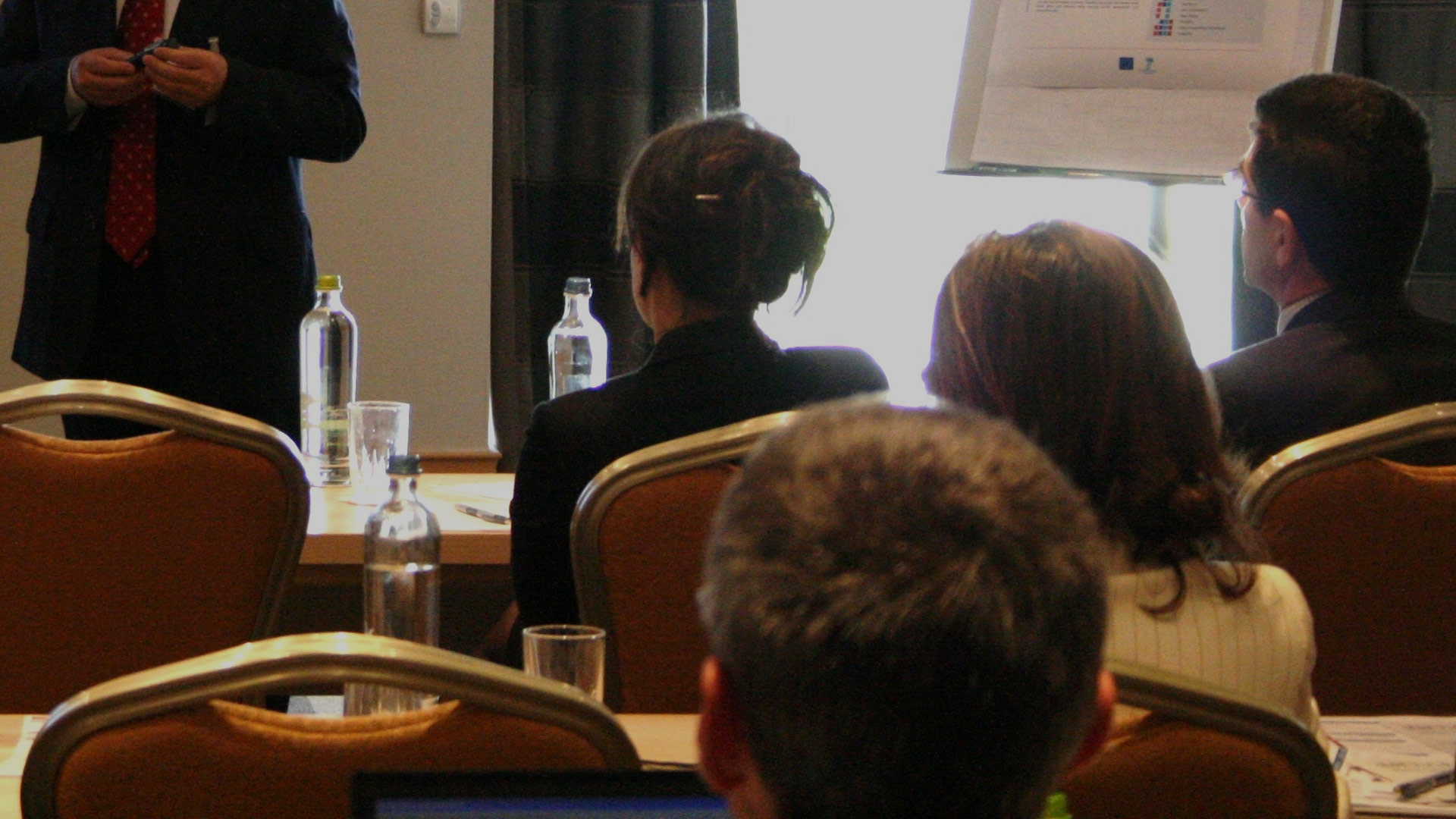

Javier Ariza
Being in touch with my emotions, feelings, and thoughts
allows me to have a heightened level of self awareness.
Unveiling my unconscious material may be possible through
deep introspection...


About
Javier Ariza, BA Psychology UNAB, Master degree, International studies University of Montreal.
Mini psyschool, Brain and Behaviour, Douglas Hospital and Mcgill University.


Services
Javier offers a wide variety of anger management services
in order to meet the complex needs of his clients.
Javier Ariza, licensed Psychologist (member of the order of psychologists of Quebec). B.A. M.Sc Psychology. Université de Montréal. Mini psyschool, Brain and Behaviour, Douglas Hospital & McGill University.
Equipped with high skills in analyzing and assessing conflicts. He has a large experience in helping people with different problems that impact negatively their emotional state and behaviour. Since a very young age, Javier has been fascinated by human brain & behaviour, relationships, conflict resolution, and introspection. He considers his approach as integrative which allows him to incorporate a variety of therapeutic principles in order to create the ideal treatment program to meet the specific needs of the client. Instead of insisting upon strict adherence to one particular approach or school of thought, he employs elements from a range of therapeutic techniques, with the goal of establishing a course that is personally tailored to the clients. One of his goals is to help them as quickly and as effectively as possible. He often integrates the following approaches (Cognitive-Behavioural-CBT, Psychodynamic, Systemic, Emotionally Focused-EFT and Humanistic)
From 2003-2004, Javier was hired as a Psychologist/General Coordinator in charge of psychological services for victims of armed conflict and forced migration. (Government of Colombia)
In 2006, he volunteered at the Douglas psychiatric hospital in the program of “Remediation” with patients whose cognitive functions were severly deteriorated. Montreal. (Canada)
In 2011, he was selected to work in a pilot project for Montreal Police Services (SPVM) and Pro-gam inc. called “Service Premier Ligne”. This pilot project, unique to the world, consisted of interviewing men who had been arrested for conjugal violence. One of the objectives was to offer them a space to talk about the incident while in temporary detention. ” It was not only a crisis intervention service, but also an opportunity for them to reflect on their behaviour. Also, to give them some resources to get help in the context of conjugal violence and anger management.” Stated Mr. Ariza.
In 2013, the pilot project obtained an award of excelence by Montreal Police Services.
Javier Ariza interviewed more than one hundred and ten people throughout the course of this fifteen month pilot project. In 2012, he was hired at a center for prevention and research in conjugal violence as the Coordinator of Anglophone services. Since then, he has been doing individual and group therapy with more than two hundred and eighty clients to date.
M.r. Javier Ariza offers a wide variety of anger management services in order to meet the complex needs of his clients. He also offers individual counselling, workshops and group therapy. He has an extensive training in mental health, couple’s and family dynamics.
EXPERTISE
Anger Management0
Assertiveness0
Violence Prevention0
VALUES
Some of his values that helped him achieve his goals.
- Passion for his Profession
- Commitment
- Professionalism
- Carisma
- Determination
ANGER
The encyclopedia of Psychology agrees that anger is a normal emotion characterized by antagonism toward someone or something you feel has deliberately done you wrong.
Anger can also be a good thing. It can help you express negative feelings, for example, or motivate you to find solutions to problems. However, excessive anger can cause problems. Increased blood pressure and other physical changes associated with anger make it difficult to think straight and harm your physical and mental health.
Why should I learn how to control my Anger?
Usually, a mismanaged anger results in verbal, psychological or physical abuse. Unfortunately, if children are witnessing these scenes their brain will suffer harm that will have negative impact in their behaviour which will be manifested later on in their lives.
Why anger, miscommunication and violence are linked?
Many of the clients I have met, have reported having difficulties with communicating their feelings, emotions, thoughts, doubts, perceptions etc…that leads to accumulation and frustration. As a consequence, the use of verbal, physical or psychological abuse may take place. Inappropriate ways of communication can trigger anger. It is important to know that anger is only one letter away from D’anger.
RECENT ACTIVITIES
August 08-2015
November 21-2015
December 19-2015
Anger, a normal emotion. Responding rather than Reacting when feeling Angry.
December 20-2015
Séminare-Atelier International sur la Gestion de la Colère et la Communication Efficace. Dirigé aux prisoners militaires condamnés pour délits militaires. Perte de liberté, famille et projet de vie.
21 Décembre 2015
25 Février 2016
If you are experiencing communication issues and anger management in your relationships you should invest some of your time on this seminar which will serve and enhance your well-being. Subscribe by e-mail.
He created a seminar-workshop called ” Effective Communication and Anger Management.” In which he takes you on a journey through your past life events. He makes you reflect on your internal conflicts by stimulating introspection. His seminars are highly interactive allowing you to realize your unconscious tendencies and behaviours. Throughout and/or by the end of this workshop, you will value the applicability of the content to your own life.
Objectives of the seminar-workshop
The main objectives of this seminar-workshop are to help you detect your communication problems, to identify the triggers of your anger, your reactions, also to help you facilitate your listening and introspection skills.
SERVICES
Javier offers a wide variety of anger management services in order to meet the complex needs of his clients.
Verbal, Physical & Psychological Abuse
Selfesteem
Couple’s Conflicts
Grieving
Work Place Motivation

Timidness
Life Project
Assertiveness
Family Conflicts
Interview Skills
INDIVIDUAL THERAPY
Sometimes called “psychotherapy” or “counseling”.
Is a therapeutic process through which you work one-on-one with a trained therapist—in a safe, caring, and confidential environment—to explore your feelings, beliefs, or behaviours, work through challenging or influential memories, identify aspects of your life that you would like to change, improve, better understand yourself and/or others, set personal goals, and work toward specific objectives.
Why should you go to therapy?
You go to therapy for a variety of reasons, coping with grieving, break ups, major life challenges, low self-esteem, anger issues, violent behaviour, childhood trauma, to dealing with depression or anxiety, to simply desiring personal growth and greater self-knowledge. Therapy is also a space in which you allow yourself to confide to your therapist your feelings, emotions, fears, and experiences of your life. It allows better understanding of yourself and certain situations from different perspectives. Also helps you see different choices you may have and explore the potential consequences.
Not every anger management program provides the depth of insight and knowledge necessary to facilitate changes in an individual. While there are many programs claiming to teach anger management programs, few have the depth and effectiveness required to overcome this problem.
OBSERVATIONS
Some of his observations.
Very often, clients consult me for experiencing irritability, anger management problems, interpersonal communication problems and violence. Why do I get angry? How could I better manage this emotion so I do not end up hurting people or myself? why is it so important to improve my communication skills? Anger is a normal emotion, what is really important is to learn how to better express it without using verbal, psychological or physical violence. But, why do I use violence sometimes? where does it come from? where did I learn this? what are the triggers of my anger? how do I react? what are the consequences? Communicating my feelings, emotions and thoughts is not always easy. However, it is very important to detect what is the cause of this communication barrier which leads to other conflicts such as; fights, arguments, aggressiveness, etc…
Childhood is a very important stage of our lives. Most of the people who are in dysfunctional relationships have experienced traumatic events during their childhood. Most who have used any type of violence in their relationships ( couple, family, friends, work) have witnessed violence during their childhood from their parents or other care givers. Psychotherapy is necessary in order to bring into the consciousness some of our unconscious material, such as; our experiences, tendencies and behaviours. It also allows us to get to know ourselves better and to be in touch with our real emotions…
A main variable that seems to influence the dysfunctionality of a couple’s relationship. Many of my clients who have experienced conjugal problems have something in common. They were too fast to become a couple. For different reasons, they did not take enough time to get to know each other. This fact, seems to be the cause of many misunderstandings. “she was not what I expected her to be” stated by 209 clients during sessions. It seems there were assumptions of how the other one was or had to be. From this moment on, there are certain expectations regarding behaviours and feelings. Sometimes, conflicts seem to happen when these expectations are not fulfilled. As a consequence, frustration, sadness and deception arise. These emotions and feelings have preceded the anger in some cases…





